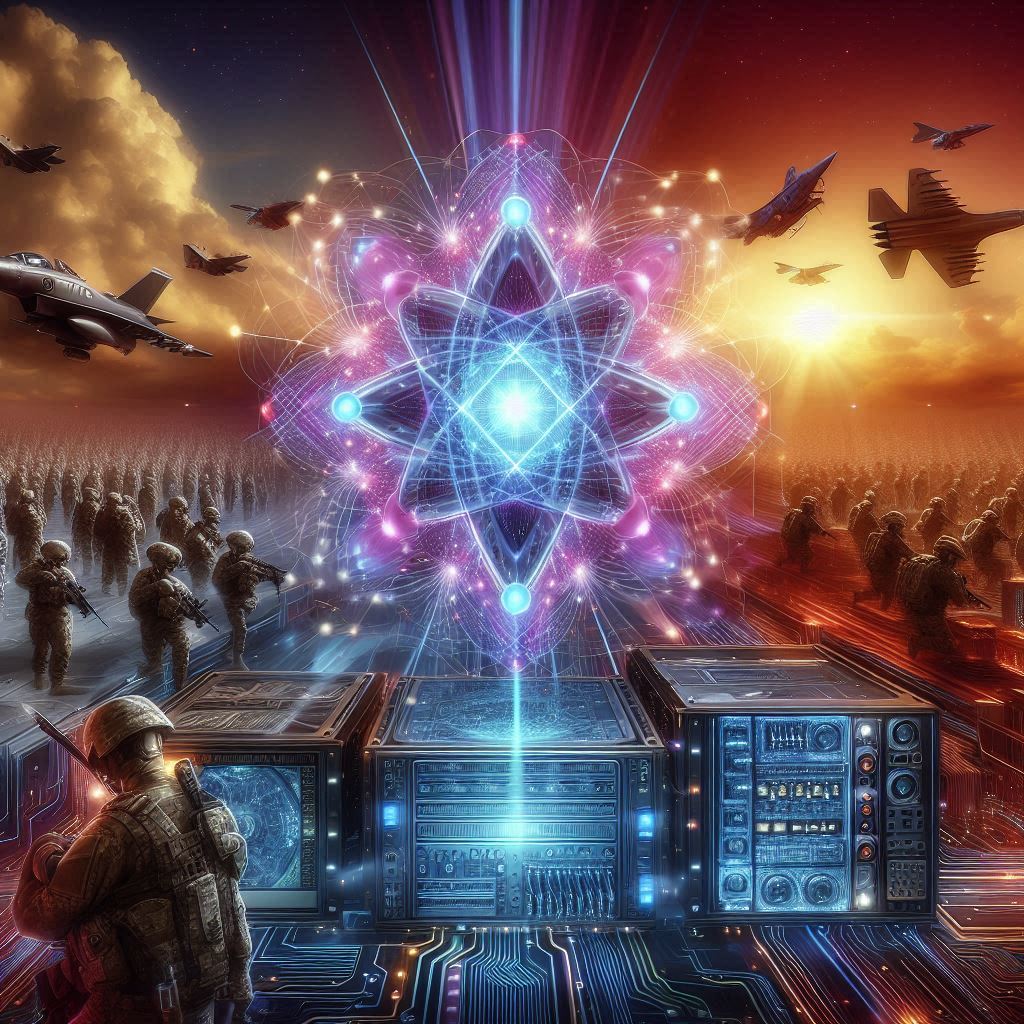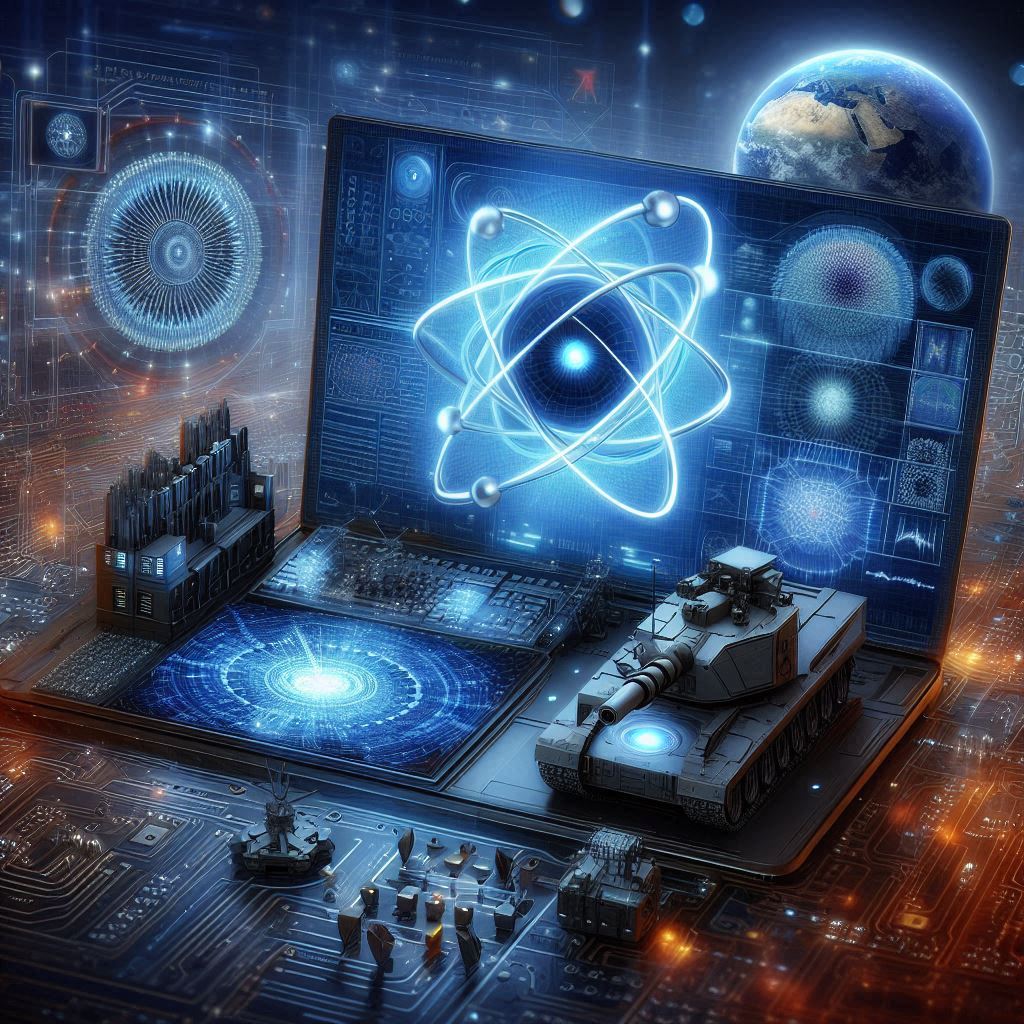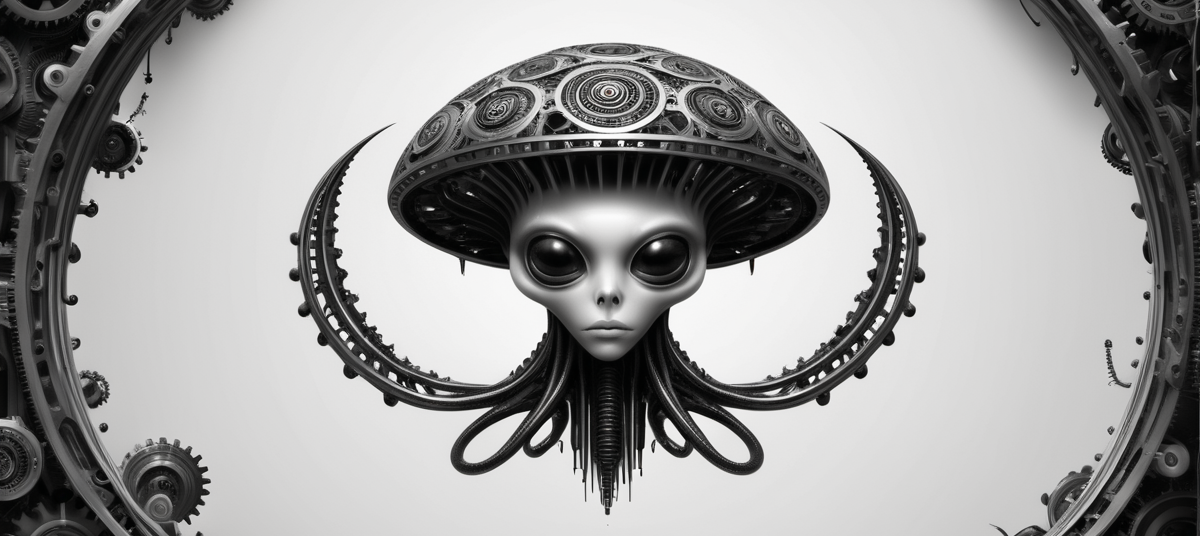You may have read about quantum computing and how it is used to crack foreign algorithms, but how does this work? Quantum technologies have garnered significant interest from both industry and governments, including military applications. Let’s explore how quantum computing intersects with defense and security:
Table of Contents
Quantum Technologies in Defense and Security:
NATO recognizes quantum as one of its key emerging and disruptive technologies.
Governments and big technology companies (such as IBM, Google, and Microsoft) invest heavily in quantum research and development.
The “second quantum revolution” is underway, enabling novel and revolutionary quantum technologies.

Principles Underlying Quantum Technologies:
Quantum technologies exploit phenomena at the atomic and sub-atomic scale.
Key principles include:
Superposition: Quantum systems can exist in multiple states simultaneously.
Entanglement: Correlated particles remain connected even when separated by large distances.
These principles enable powerful applications.
Military Applications of Quantum Technologies:
Quantum Attack: A quantum computer could break RSA encryption by factoring large numbers. However, this requires a quantum computer with millions of qubits.
Quantum Communication: Quantum communication networks enhance secure communication, accurate navigation, and precise observation (sensing) for military purposes.
Quantum Sensing and Timing: Quantum-based sensing and timing technologies are critical for defense and space operations.

Geopolitical Landscape:
The United States, the European Union, China, and other nations invest in quantum research programs.
Quantum technologies have implications for national security, intelligence, and strategic advantage.
In summary, while quantum computing is not yet widely used to crack foreign algorithms, its potential impact on defense and security is immense. The race for quantum supremacy continues, and military applications are a key focus. 🌌🔐
The military, Quantum Computing and RSA Encryption: A Closer Look
1. What Is RSA Encryption?
RSA (Rivest–Shamir–Adleman) is a widely used encryption method. It relies on the mathematical properties of large prime numbers. Does the military currently use quantum computing to crack foreign RSA algorithms? Here’s how it works:
- Key Generation:
- When you want to send a secure message, you generate an RSA key pair.
- The public key is shared with others. It’s used for encryption.
- The private key is kept secret. It’s used for decryption.
- Security Basis:
- RSA’s security depends on the difficulty of factoring large numbers.
- The secret prime numbers in the RSA key are easy to calculate using a classical computer.
- But factoring them back into the original primes (to break the encryption) takes billions of years with classical computing.

2. Quantum Computing Enters the Scene:
- Shor’s Algorithm:
- Military quantum computers operate differently from classical computers.
- Shor’s algorithm, a quantum algorithm, can efficiently factor large numbers.
- If a quantum computer has enough computational power, it could break RSA encryption by finding those secret prime factors.
3. How Quantum Threatens RSA:
- Efficient Factoring:
- Shor’s algorithm efficiently factors large composite numbers.
- RSA encryption relies on the difficulty of factoring these numbers.
- A quantum computer with sufficient resources could break RSA keys.
4. The Catch: Quantum Resources Needed:
- Massive Quantum Resources:
- Breaking a 1,024-bit or 2,048-bit RSA key requires a quantum computer with vast resources.
- Specifically, about 20 million qubits and eight hours of them running in superposition.
- Current quantum computers fall short of this requirement.

5. Reality Check: RSA’s Survival:
- Expert Opinion:
- Computer scientist Simson Garfinkel assures us that RSA’s demise is exaggerated.
- Quantum computing, for now, lacks practical applications.
- Useful quantum applications are likely for simulating physics, chemistry, and specific optimizations.
6. Conclusion: RSA Holds On (for Now):
- Quantum Winter:
- We’re not there yet. RSA encryption won’t fall to quantum computing anytime soon.
- The race continues, but for now, RSA remains secure.
In summary, while quantum computing poses a threat to RSA, practical quantum applications are still on the horizon. RSA’s survival depends on the quantum future. 🌌🔐
References:

